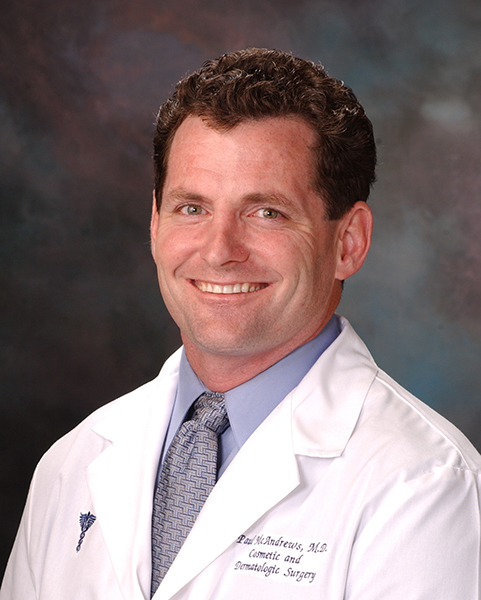Patients often ask me whether it’s safe to enjoy a drink after their procedure. The short answer is no, not right away. Alcohol can negatively affect your healing and the survival of your newly transplanted grafts. So, you should seriously avoid it if you want to see good results for your hair transplant. This includes wine, cocktails, beer, and other alcoholic drinks.
Also Read: Can You Smoke Before or After a Hair Transplant?
Recommended Waiting Periods
For best results, I advise all my patients to stop drinking alcohol two weeks before and continue abstaining for two weeks after the surgery. While it may seem like a small detail, avoiding alcohol during this crucial window can significantly improve your results.
Why Alcohol Hurts Healing
Alcohol might help you relax, but it does the opposite for your healing. It interferes with several biological systems that are essential to a successful hair transplant. Below are the main ways alcohol can hurt your recovery and graft survival.
1. Slower and Poorer Wound Healing
Alcohol interferes with the body’s natural healing process. It reduces the release of healing signals (called cytokines) and limits the growth of new blood vessels in the wound. With less blood flow, the area gets less oxygen, which increases stress on the tissue. This lack of oxygen can seriously affect the survival of transplanted hair grafts [1] [2].
2. Thinning of the Blood
Alcohol is a natural blood thinner. This impairs your body’s ability to form clots and increases the risk of bleeding during and after the procedure. When you bleed more than normal, it becomes easier to dislodge grafts before they’ve had a chance to anchor into your scalp. Excessive bleeding can also affect the precision of the surgery itself.
3. Dehydration and Slower Recovery
Alcohol acts as a diuretic, which means it causes your body to lose fluids. Dehydration restricts blood flow and reduces the delivery of oxygen and nutrients to your healing scalp. This can slow tissue repair and delay the growth of new hair.
Also Read: How Long Do Hair Transplants Really Last?
4. Increased Swelling and Inflammation
Many patients experience some forehead or scalp swelling after surgery. Alcohol can make this worse by dilating your blood vessels and contributing to fluid retention in the wrong places. The result is often more puffiness, pressure, and discomfort, especially during the first few days after surgery.
5. Suppressed Immune Function
Alcohol weakens your immune system. This makes your scalp more vulnerable to infection and slows down the natural repair mechanisms that kick in after surgery. Research has shown that alcohol suppresses the early immune responses needed for proper wound healing [3].
6. Interference with Medications
Mixing alcohol with postoperative medications is never a good idea. Alcohol can reduce the effectiveness of antibiotics or pain relievers and can also increase side effects like drowsiness or nausea. If you’re taking anti-inflammatory medications, combining them with alcohol can irritate the stomach lining and increase the risk of bleeding.
7. Physical Injury Risk
This one is simple but important. Alcohol impairs your coordination. I’ve had patients fall or bump their heads after drinking, one even hit his scalp on a car door trying to get in. These accidents can easily dislodge grafts, open sutures, or result in infection. You don’t want a few drinks undoing hours of delicate surgical work [4].
8. Impaired Sleep and Recovery
Alcohol disrupts your sleep architecture, especially your REM cycles. Poor-quality sleep slows tissue repair and affects hormone regulation, both of which are essential for proper healing and hair regrowth.
Safe Reintroduction Practices
Once you’re past the critical healing period(2 weeks at least), here’s what I recommend:
- Limit alcohol to one drink at a time for the next few weeks
- Stay well-hydrated before and after consuming alcohol
- Do not drink if you are still on antibiotics, painkillers, or anti-inflammatory drugs
- Watch for any signs of poor healing, like unusual swelling, redness, or sensitivity
Remember that moderation is key, especially while your body is still adjusting to the surgery.
5. My Medical Experience
The human body has an amazing capacity to heal despite the things we do to it. The overall survival rate of hair transplant surgery is amazing despite some of the crazy things I have seen a few of my patients do (i.e., alcohol induced accident, surfing 3 days after the surgery, swimming the day after the surgery, etc.). However, my patients and I sleep better when I know they are refraining from alcohol in the period surrounding their hair transplant surgery.
Worried About Hair Loss? Let’s Talk.
Don’t wait and wonder, get the answers you need from a trusted expert. Dr. McAndrews is a board-certified hair restoration physician with over 20 years of experience helping patients understand and treat their hair loss. Whether you’re just starting to notice thinning or exploring advanced treatment options, we’re here to help.
Call us today at 877-HAIR-DOC or email us by clicking here to schedule your consultation.

Dr. Paul J. McAndrews is a world-renowned expert in hair loss and hair restoration, and one of only two physicians to have served as President of both the ISHRS and ABHRS. He is a Clinical Professor at USC/LAC Medical Center and an Expert Medical Reviewer for the California Medical Board. Known for his artistic, patient-focused approach, Dr. McAndrews performs one hair transplant per day to ensure exceptional, individualized results.
